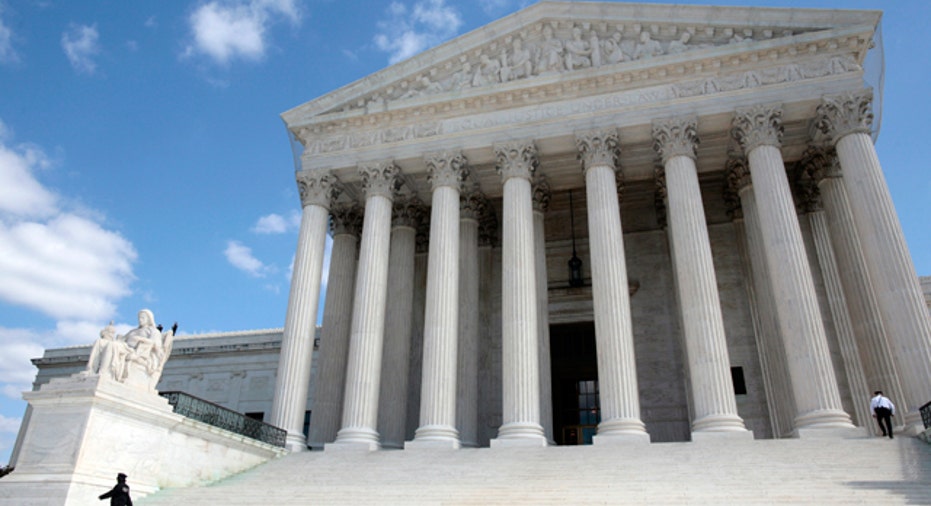SCOTUS to Hear ObamaCare Subsidies Case

Another legal challenge to Obamacare is headed to the U.S. Supreme Court.
The high court announced Friday it will decide whether the Affordable Care Act, President Obama’s signature piece of legislation, legally allows for subsidies that help millions of low- and middle-income people afford their health insurance premiums.
If the challengers to the law succeed, it would place in jeopardy millions of Americans’ ability to purchase health insurance under the ACA, and by extension jeopardize the viability of the law itself.
A federal appeals court ruled against the challengers, upholding Internal Revenue Service regulations that allow health-insurance tax credits under the legislation for consumers in all 50 states. Opponents argue that most of the subsidies are illegal.
Specifically, the lower court ruled that an Obama administration decision to extend tax subsidies to those who purchased health insurance through exchanges established by the federal government rather than by the states was legal. The challengers argue the statute requires that the subsidies only be extended to consumers in states that established their own exchanges.
“Today’s grant of cert by the Supreme Court is excellent news, regardless of which side of the issue you’re on,” said CEI general counsel Sam Kazman of the Competitive Enterprise Institute. “The need for a quick and final resolution of this question is undeniable. This ‘subsidies-for-everyone’ rule affects nearly every person across the country—health insurance policyholders, workers and employers, taxpayers, and state and local governments.”
The administration and insurance companies say eliminating many of the subsidies would gut the act because it would dramatically reduce the number of participants, which would force the fewer number of participants to pay higher premiums.
The challenge essentially boils down to four words in the vast piece of legislation. The law says people would qualify for tax credits when they buy insurance in a market “established by the state.” But just 14 states have established such exchanges.
The law authorized the federal government to create exchanges in states that did not create their own and it has. Subsidies for participants in those exchanges are being challenged.
Under a rule issued by the Internal Revenue Service, consumers can claim tax credits in any market. The Obama administration says the IRS decision is consistent with the law’s goal of making coverage available to all Americans.
But challengers claim the interpretation is contradicted by the wording of the law. They say the withholding of the tax credits was meant to spur states to create their own exchanges, and should not be available where states opted not to act.
About 4.6 million people in those states receive the credits. But the importance of them extends beyond, as all agree that they are essential to making the law work.
The Supreme Court’s decision to hear the case comes two years after the court upheld the basic tenets of the law by a single vote. The justices upheld the heart of the law in a 5-4 decision in 2012 in which Chief Justice John Roberts provided the decisive vote.
The case now before the Supreme Court is King v. Burwell, U.S. Supreme Court, No. 14-114.



















